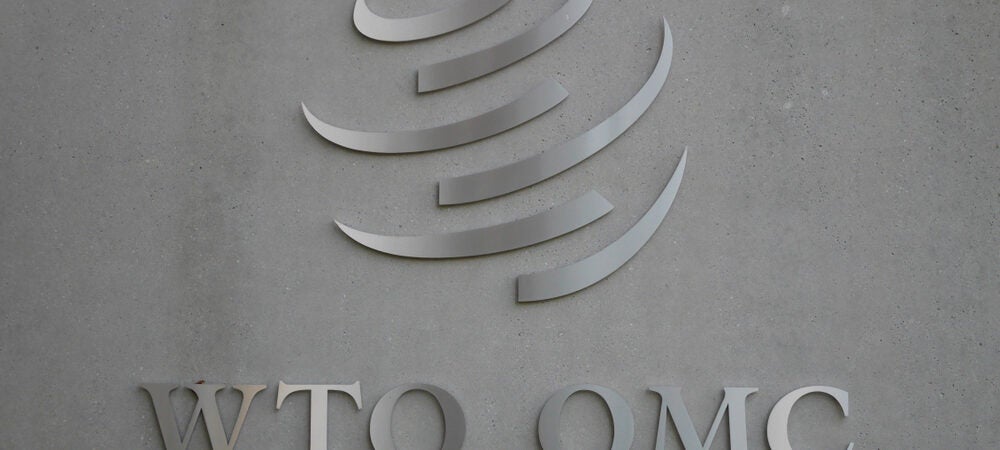Below is an excerpt from the “Second Memorial Lecture” honoring Chiedu Osakwe, which Alan Wm. Wolff delivered in Geneva at the WTO which lays out the thoughts Chiedu left on reforms that the WTO needed together with what Wolff believes is needed.
Chiedu on WTO Reform Through Accessions
The world at large thinks of the WTO as a place for the negotiation of trade agreements and where Member countries come to settle trade disputes. The public may be aware that there is a professional Secretariat issuing reports on current developments in world trade. They may know there are a host of committees of WTO Members administering the multilateral trading system that covers 98% of world trade. They have probably read about some of the world’s largest economies joining the WTO during the last quarter-century, events that garnered headlines, such as when China and Russia came into the Organization. They will know that world leaders for several years running have called for reform of the WTO.
What the general public is less likely to know is that much of the reform of the WTO over its 27-year life has taken place in the process of countries joining the Organization after it was founded in 1995. There are 128 original Members of the WTO, formerly GATT Contracting Parties, who signed up to the Uruguay Round Agreements and came in as a group on January 1, 1995. Since then, 36 countries have joined. They now account for about one-sixth of world trade. Twenty-four candidates are in the accessions process at present.
It was this critical area of accessions to the WTO that occupied much of Chiedu’s considerable energy during the last half of his time with the WTO, from 2009 to 2016. It was a key area in which the trading system made continuous progress during the entire span of the WTO’s existence. It has been a mainspring of WTO reform, never dramatic, rarely noted in the headlines, but it was an important agent of change.
Reform through accessions often involves commitments that are only undertaken by the acceding Member and that are not applicable to all Members. The original Members coming over from the GATT did not have to negotiate their entry to the WTO. Entry on day one of the WTO for these countries was relatively easy. All would recognize that once the WTO was established, acceding was and is not an easy process. Each accession is a negotiation and reflects the current trade issues of the day and the need for the country to bring its economy up to the standard that the other Members require of it – a standard that increases over time. From the acceding country’s point of view, the most palpable aspect consists of the requirements insisted upon for its domestic reforms. For the WTO as an institution, what is even more important are the reforms that each accession points to as an updated standard for international conduct, nothing short of a leveling up of the system.
2022-09-26wolffBy Alan Wm. Wolff – Distinguished Visiting Fellow at the Peterson Institute for International Economics (PIIE)
To read the full piece, please click here.

